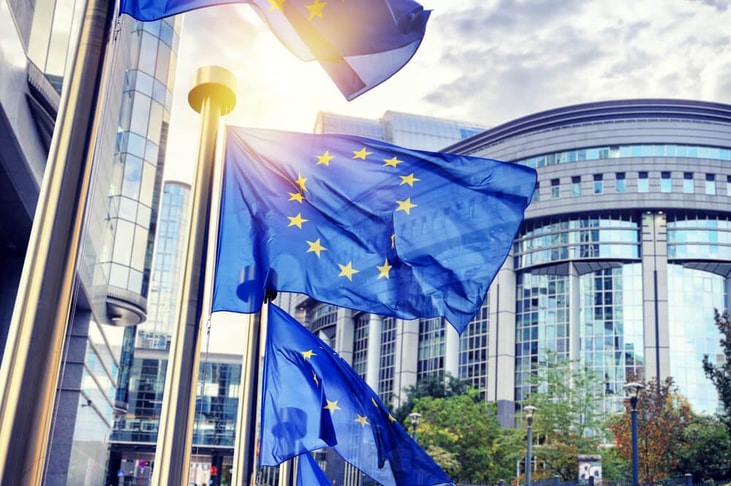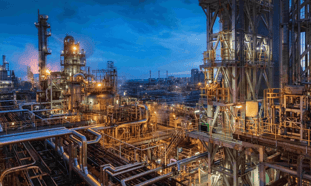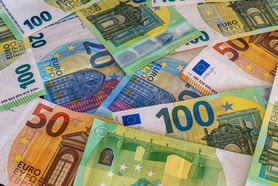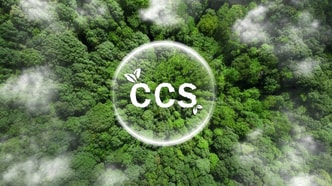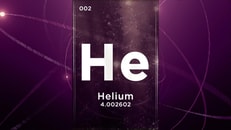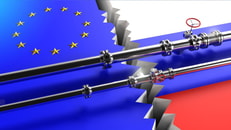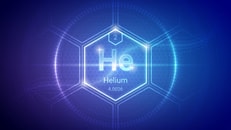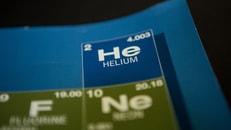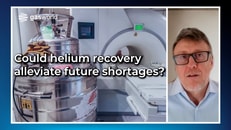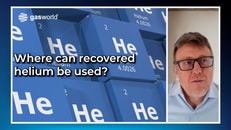Latest EU sanctions package bans Russian helium imports
The Council of the European Union (EU) has announced that its 14th sanctions package against Russia includes a ban on imports of Russian helium into the EU, as widely expected.
The import ban will go into effect on September 26, 2024.
According to the European Commission, the new package revealed today (June 24) responds to the needs and findings on the ground, and tackles enforcement issues. It contains important new energy-related measures targeting liquefied natural gas (LNG), and measures targeting vessels which support Russia’s war.
The package prohibits all future investments in, and exports to, LNG projects under construction in Russia. It will also prohibit, after a transition period of nine months, the use of EU ports for the transshipment of Russian LNG. Moreover, the package prohibits the import of Russian LNG into specific terminals which are not connected to the EU gas pipeline network.
Financial sanctions are also strengthened by introducing a ban for EU banks outside Russia to use Russia’s SPFS financial messaging system, which is the Russian equivalent of SWIFT. It also allows the Council to draw up a list of non-Russian third country banks connected to SPFS who will be banned from doing business with EU operators.
Helium impact
To the extent that EU (or non-EU) companies are unable to pay for helium purchases, it would become more difficult for purchasers of Russian helium to fulfil their contractual obligations and could disrupt the sale of helium due to Force Majeure situations.
Russia currently produces bulk liquid helium from three different sources. Gazprom produces helium at its Amur gas processing plant in Eastern Siberia and another gas processing plant located in Orenburg, while Irkutsk Oil Company produces helium from its Yaraktinsky Plant located in the Ural Region. These sources currently account for approximately 12-13% of global supply.
It is not clear how impactful a ban on Russian helium imports will be on Russian helium production, since, at present, the majority of Russia’s helium production is exported to China and other non-EU countries including Korea, India and the UAE (United Arab Emirates). However, some of the helium produced in Russia is currently exported to the EU. Presumably, at least some of the helium that is currently exported to the EU could be redirected to other markets or swapped for helium from non-Russian sources.
Read more: Helium shortage over but supply remains fragile
It is also noteworthy that some large helium end-users based in non-sanctioning countries have begun to refuse deliveries of Russian helium. If this becomes more widespread, it could restrict the ability of gas companies to resell Russian helium.
A leading EU manufacturer of 11,000- gallon helium containers has also taken steps to prevent their containers from being utilised to transport Russian helium.
At this point, it is still difficult to assess how impactful this new round of sanctions will be on the production of Russian helium. The new round of sanctions is a reminder of the fragility of the helium supply chain, however, even though Helium Shortage 4.0 has recently come to an end and the supply of helium is currently plentiful.
Specialty gas of most concern
Such is the concern for helium market fragilities, that it polled comfortably the specialty gas of biggest concern for delegates at gasworld’s European Specialty Gas Summit (2024) in Utecht, the Netherlands two weeks ago.
The event brought together specialty gas producers and innovators from across Europe, with equipment suppliers and leading semiconductor stakeholders such as Intel, ASML and STMicroelectronics against the backdrop of the EU Chips Act and the reshoring of supply chains.
Despite helium shortages being over and other specialty and rare gases such as neon also enduring periods of tight supply in recent years, more than 70% of participants said helium remained the gas of most concern in the near-term. The possibility of further EU sanctions, as well as other geopolitical tensions, and the likely impact on helium markets also dominated Q&A sessions and off-stage conversations.
Listen: What next for electronics in Europe?
The helium supply chain will be in full focus when gasworld’s Helium Super Summit 2024 takes places in Houston, Texas from October 28-30. For more information or to book your place, visit https://www.gasworldconferences.com/conference/helium-super-summit-2024/
More information
Phil Kornbluth is the President of Kornbluth Helium Consulting, LLC and a member of gasworld’s Editorial Advisory Board.
He has worked in the helium business for the last 41 years, including stints running the global businesses of both BOC Gases and the Matheson subsidiary of Nippon Sanso Holdings. Kornbluth can be reached at +1 (908) 745-9779 or [email protected].

